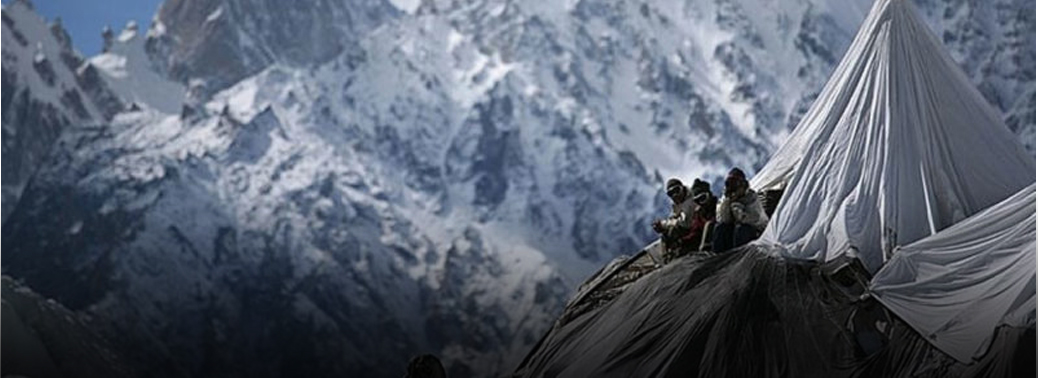SC Decriminalises Homosexuality
02, Sep 2018

Prelims level :
Mains level : Paper – I Social Empowerment
- Constitution Bench declares the 156-year-old “tyranny” of Section 377 as irrational, indefensible and manifestly arbitrary.
Background:
- The Supreme Court decriminalised homosexuality with a prayer to the LGBTQ.
- (Lesbian, gay, bisexual, transgender, and queer) community to forgive history for their “brutal” suppression.
- A five-judge Constitution Bench, unanimously held that criminalisation of private consensual sexual conduct between adults of the same sex under Section 377 of the Indian Penal Code is clearly unconstitutional.
- The court, however, held that Section 377 will apply to “unnatural” sexual acts like bestiality. Sexual acts without consent continues to be a crime under the Section.
- Section 377 punished homosexuality with a 10-year imprisonment.
- This case was about people wanting to live with dignity. Citizens cannot be pushed into obscurity by a colonial law.
- Section 377 discriminates against a minority solely for their sexual orientation. It violates the right of the LGBTIQ community to “equal citizenship and equal protection of laws”. The court held that bodily autonomy is individualistic. Choice of partner is part of the fundamental right to privacy.
History of LGBT Judgements:
- In 1830 Thomas Macaulay, the main drafter of the penal code, called homosexual sex “odious” and “revolting”.
- In 1884, a court in north India ruling on the prosecution of a hijra (a member of South Asia’s traditional transgender community), commented that a physical examination of the accused revealed she “had the marks of a habitual catamite” and commended the police’s desire to “check these disgusting practices”.
- In 1934, a judge in Sindh (now Pakistan) described a man who had consensual sex with another man as “a despicable specimen of humanity”.
- In 2003, the government of India said that decriminalising homosexuality would “open the floodgates of delinquent behaviour”.
- And in 2013 a supreme court ruling on an earlier challenge to section 377 (overruled by today’s judgment) held that LGBT people constituted a “minuscule minority” who bore only “so-called rights”.
2013 Judgement:
- Legal experts said this was a much-needed self-correction of a past judicial wrong committed on the LGBTQ community. The verdict would become the foundation for members of the community to seek individual rights like.
- The 2013 judgment upheld Section 377 and set aside the reprieve won by the LGBTQ community through the Delhi High Court verdict of 2009, which decriminalised homosexuality. It had cast the community back into the shadows as “convicted felons”






